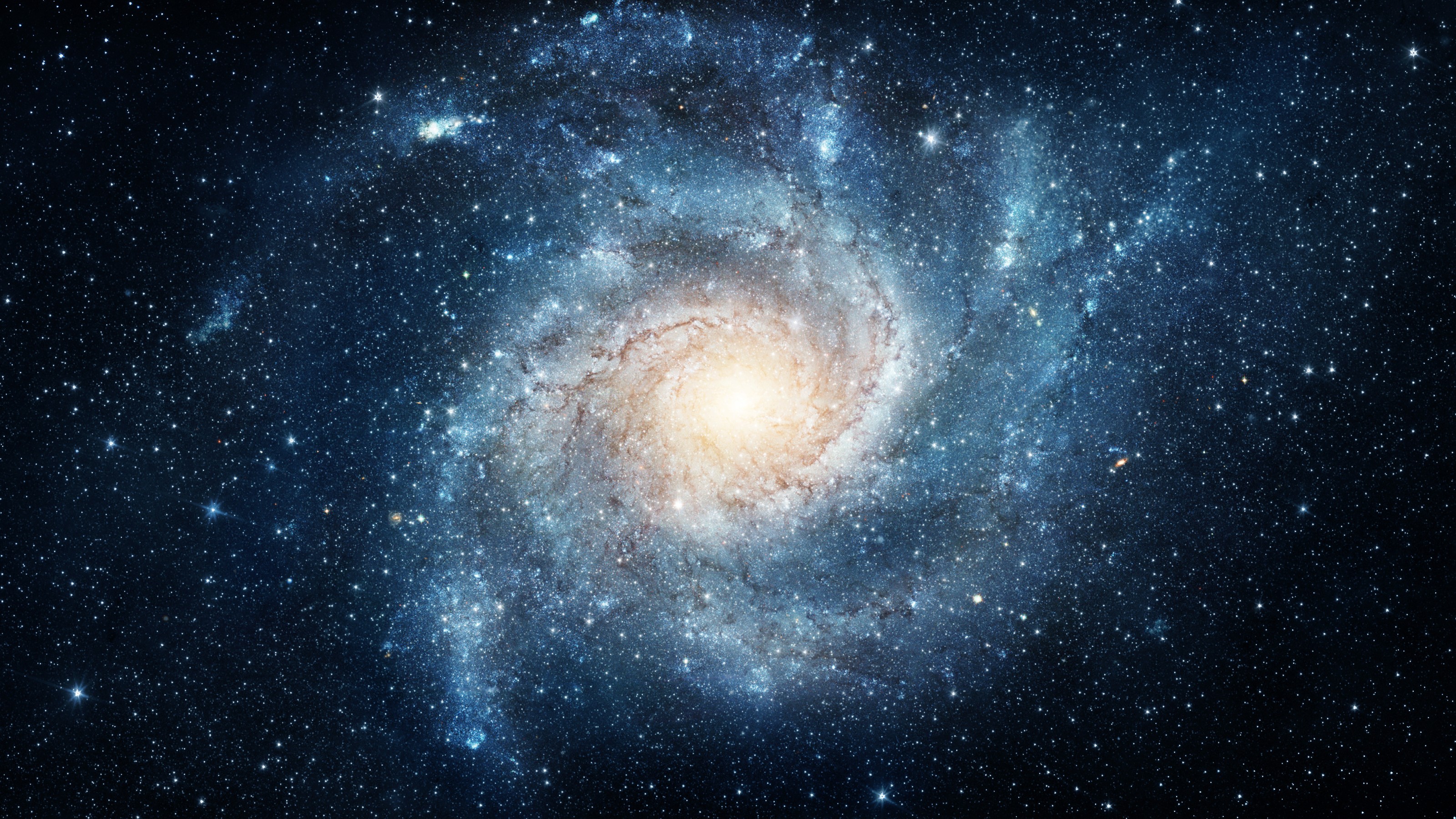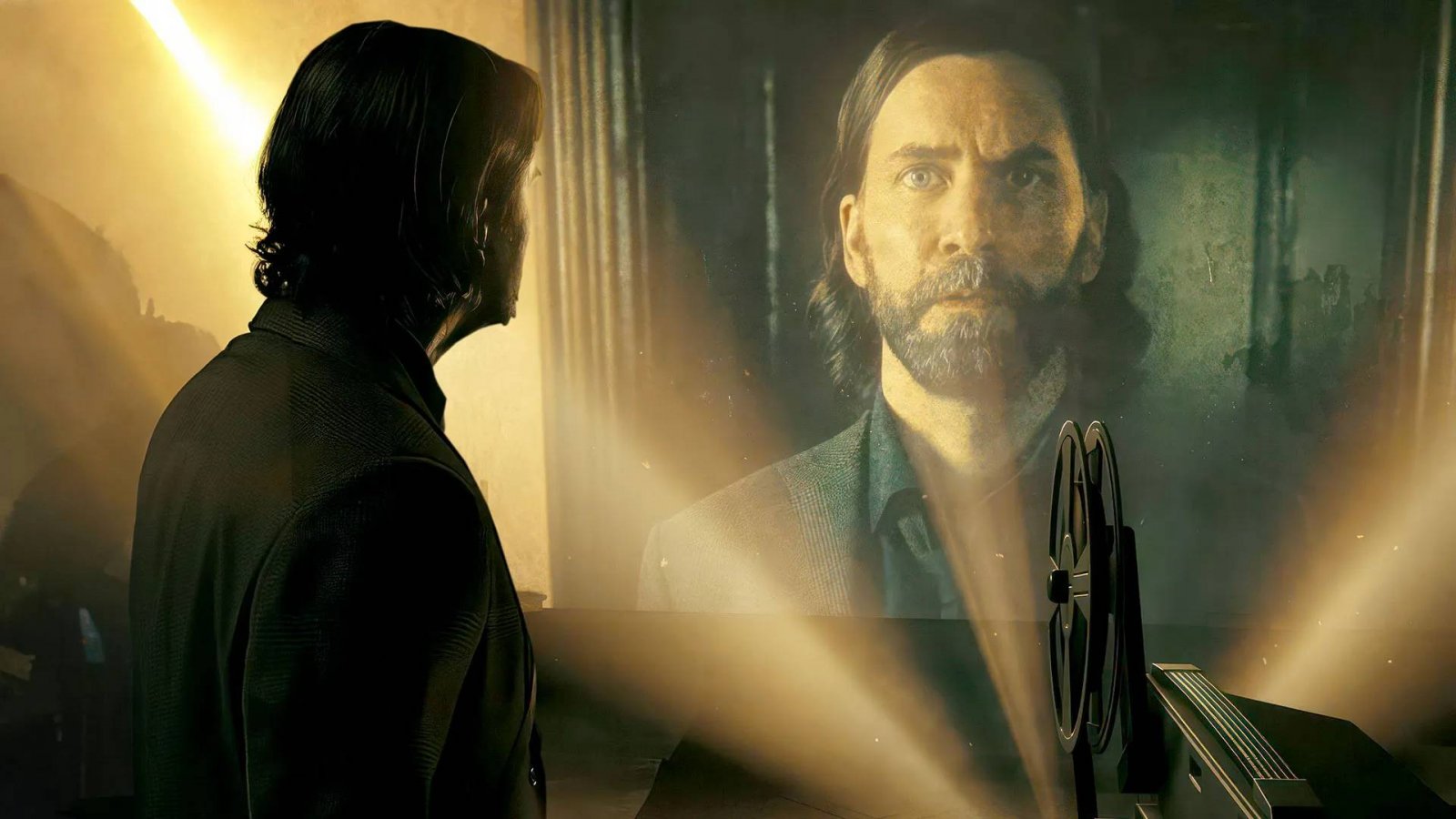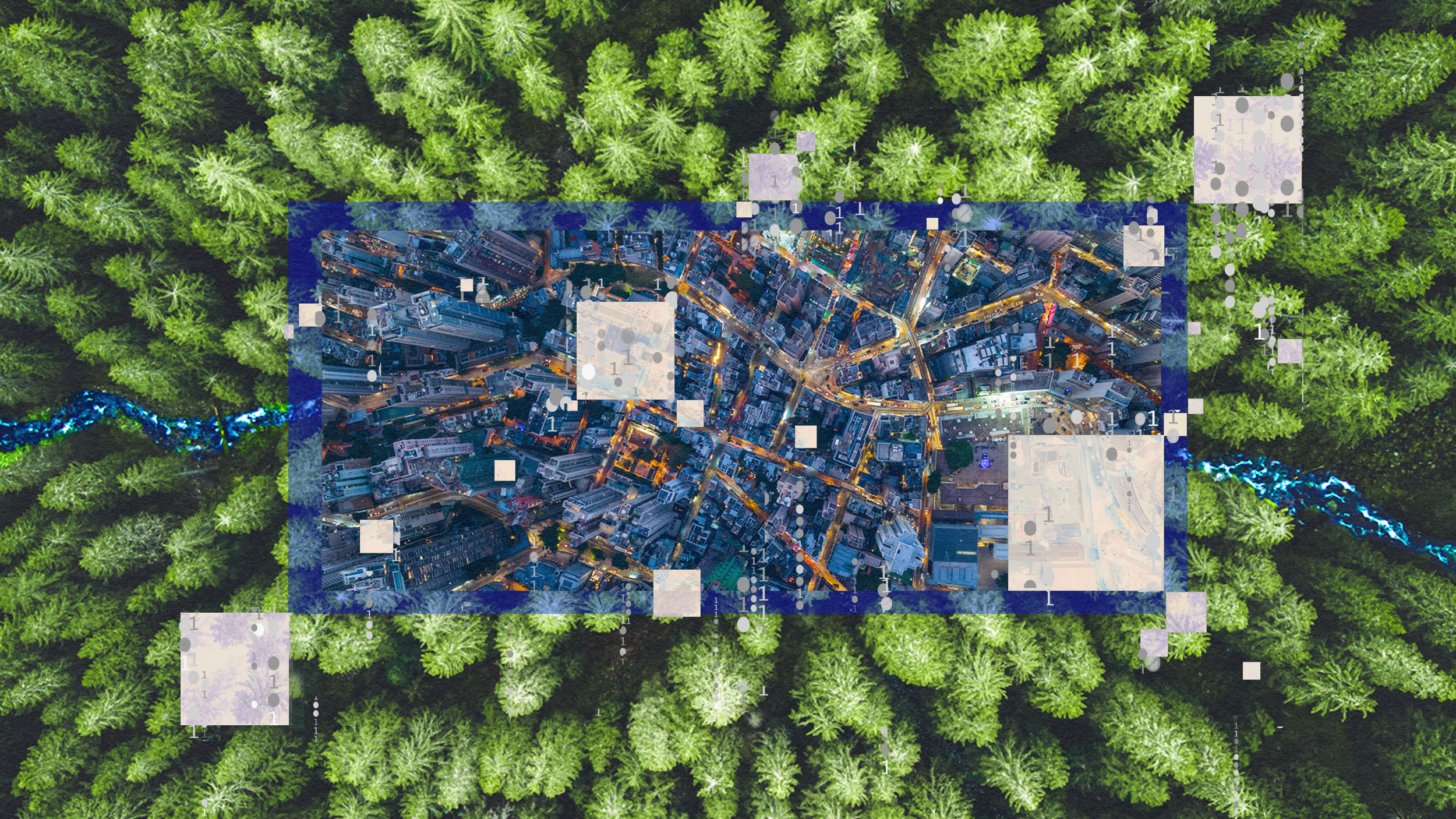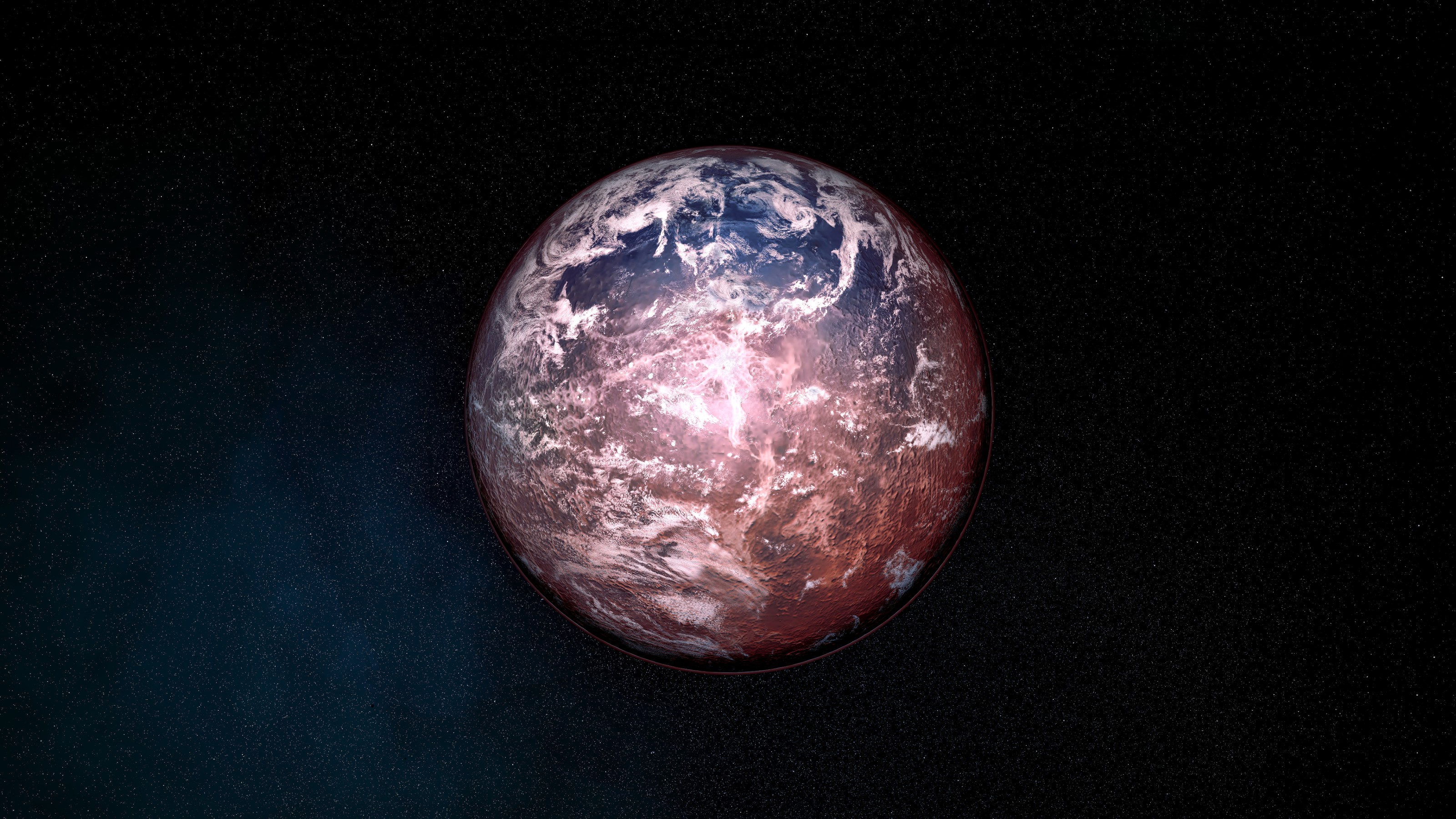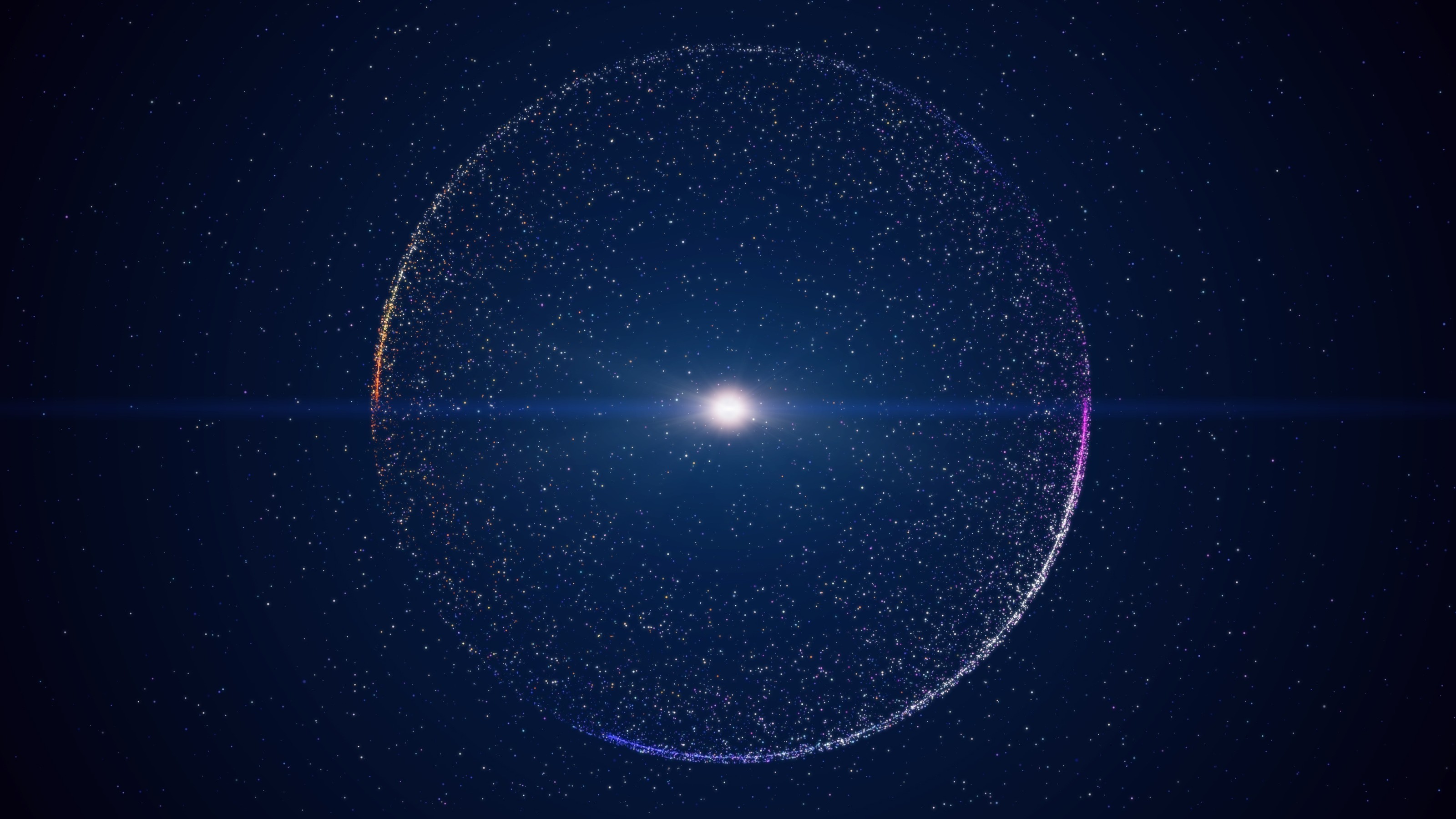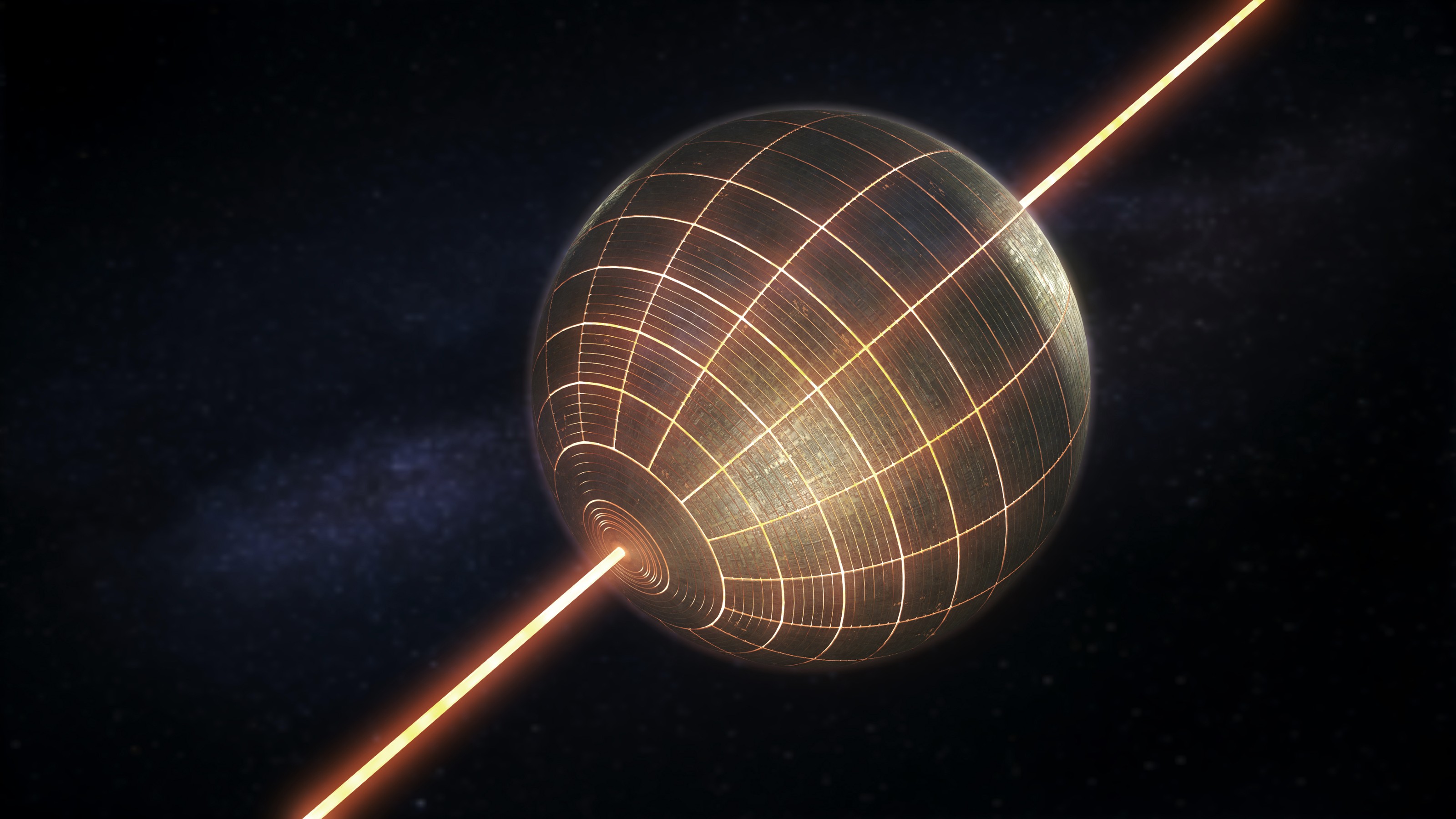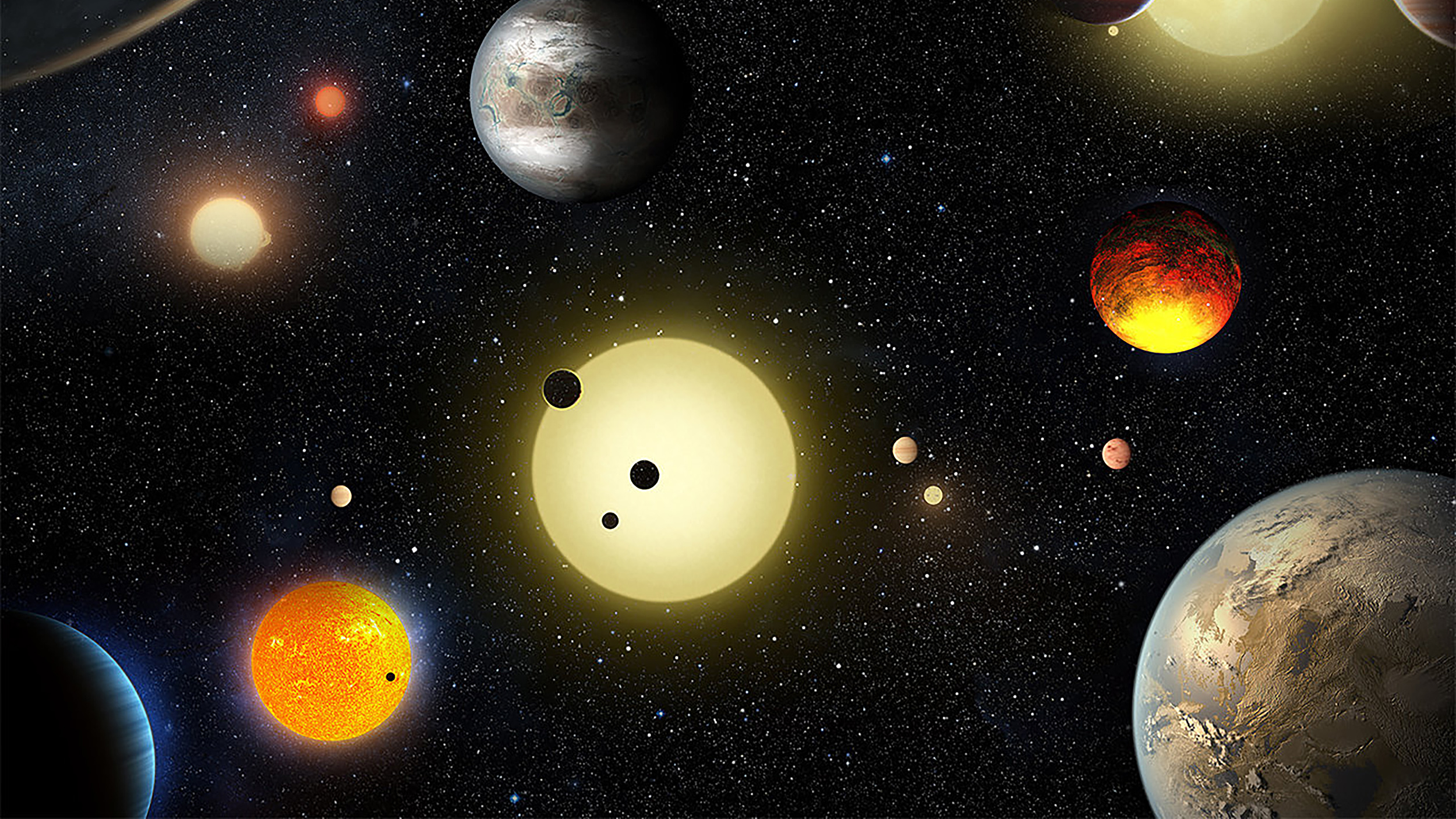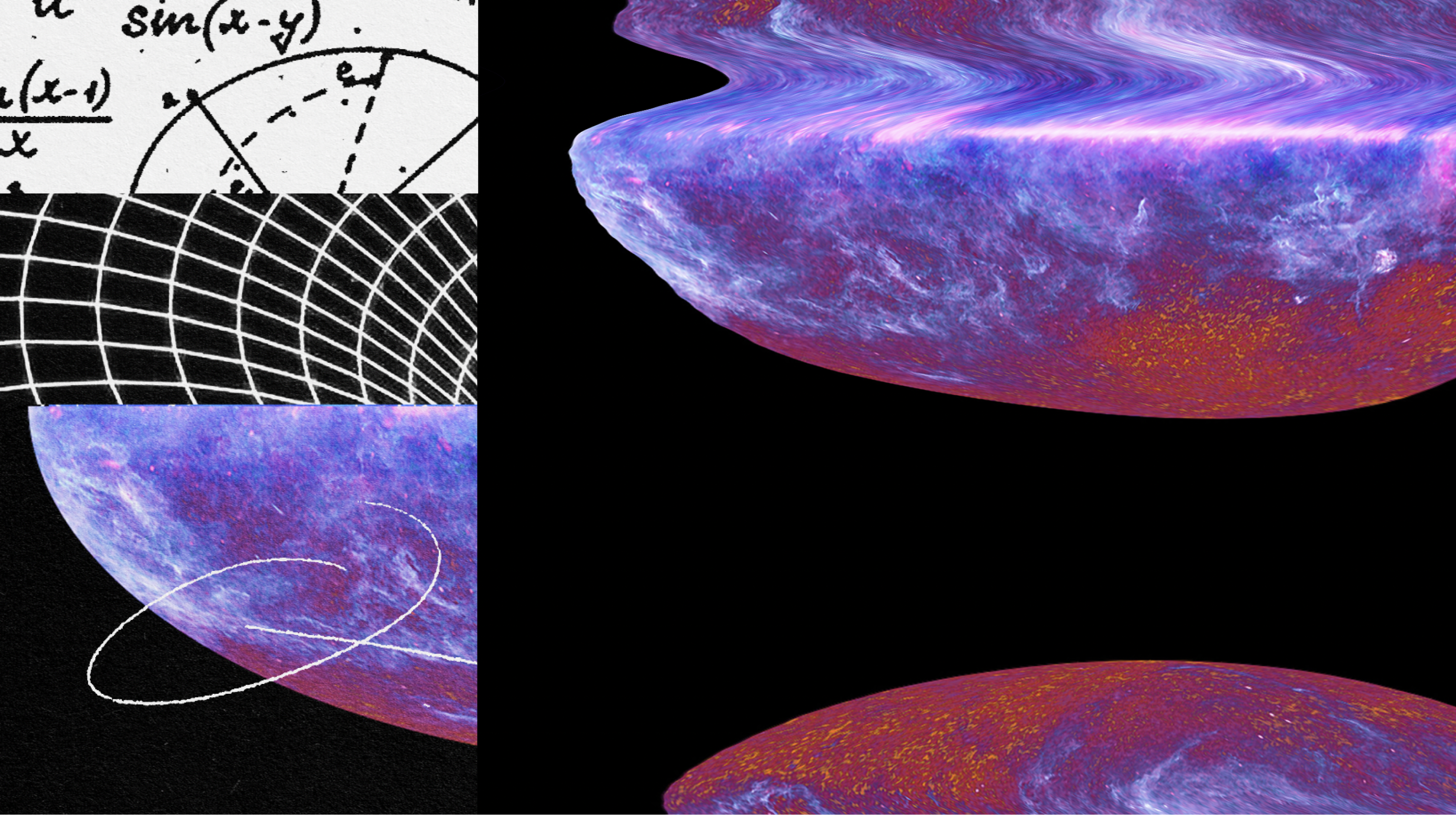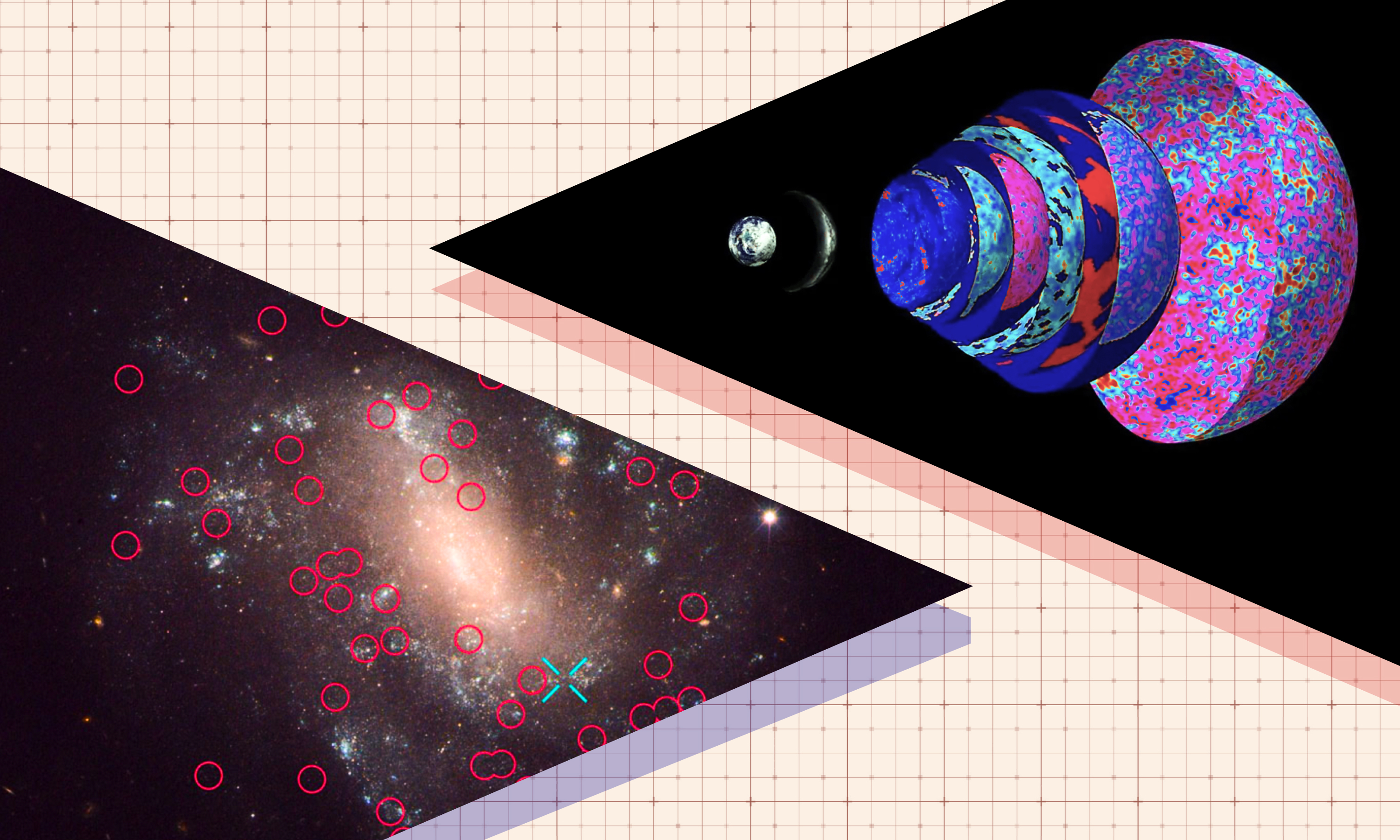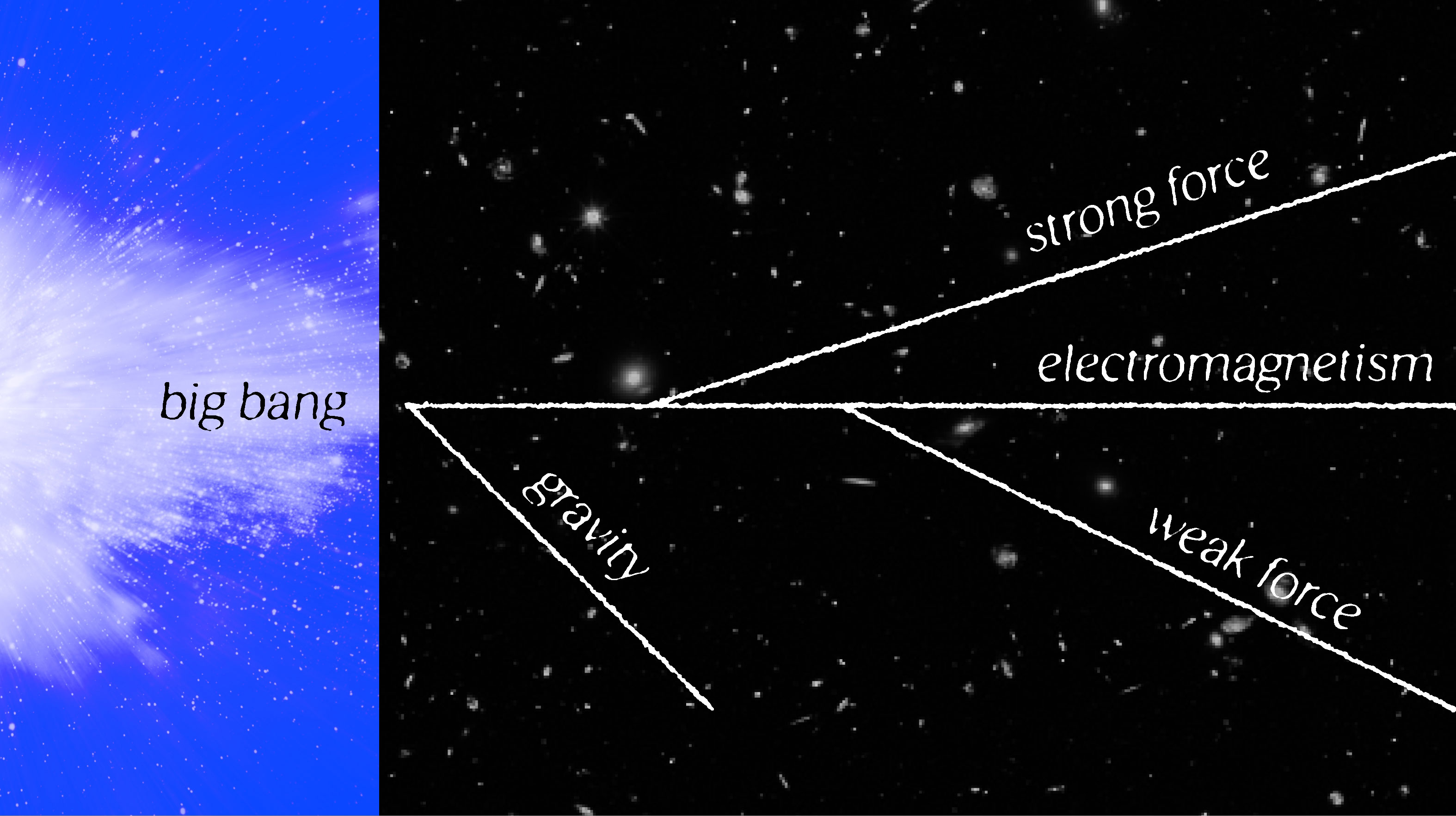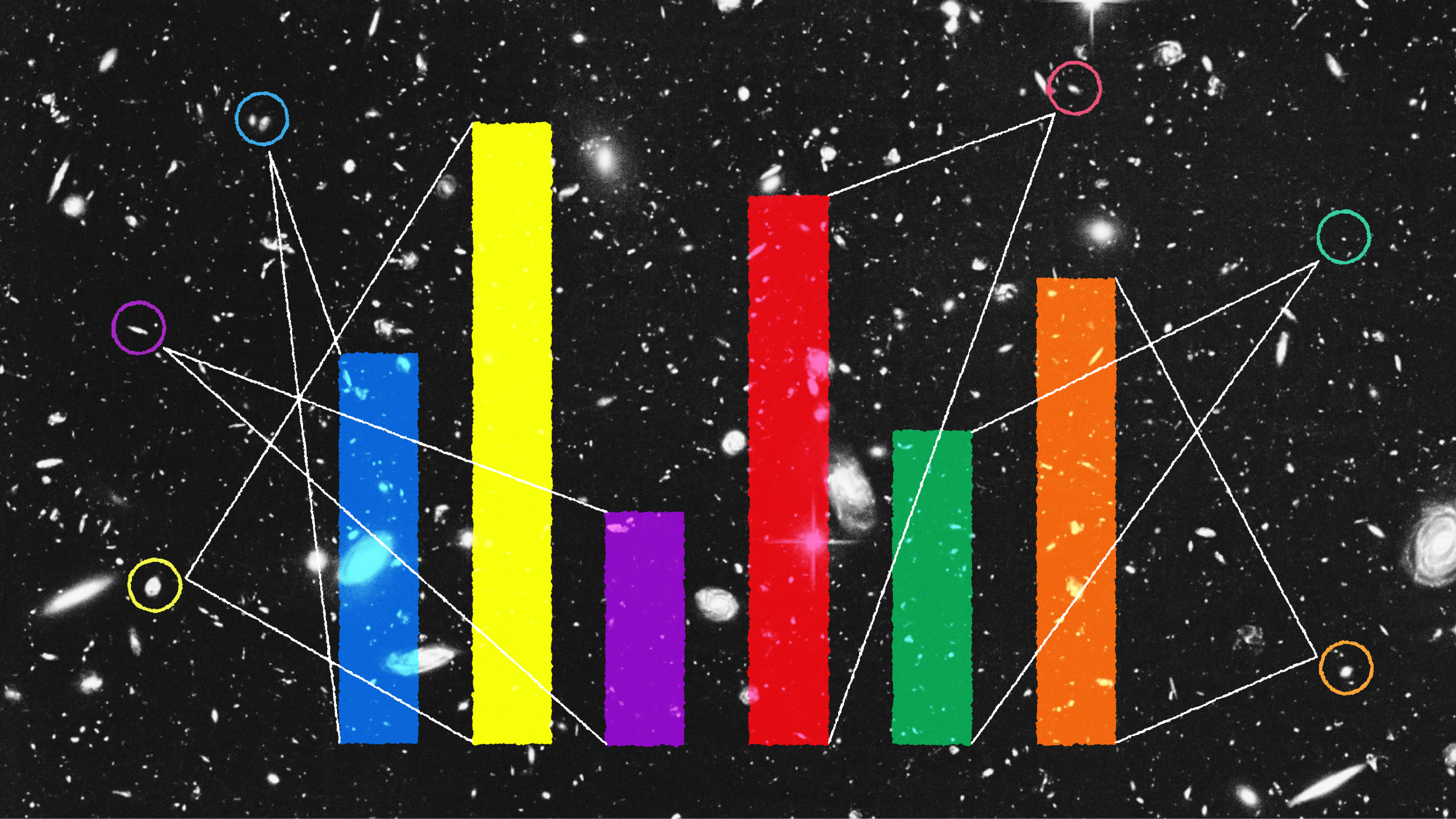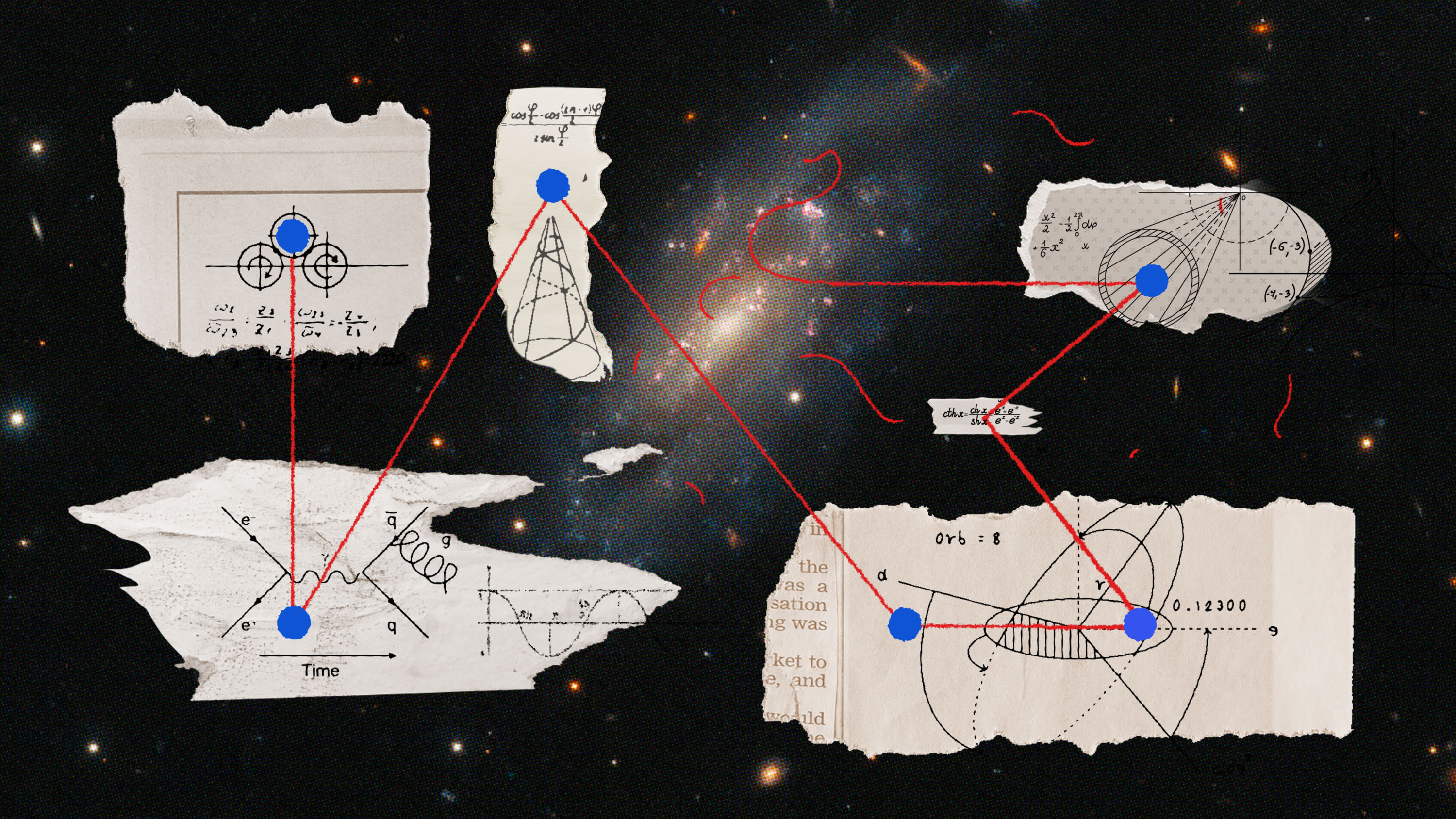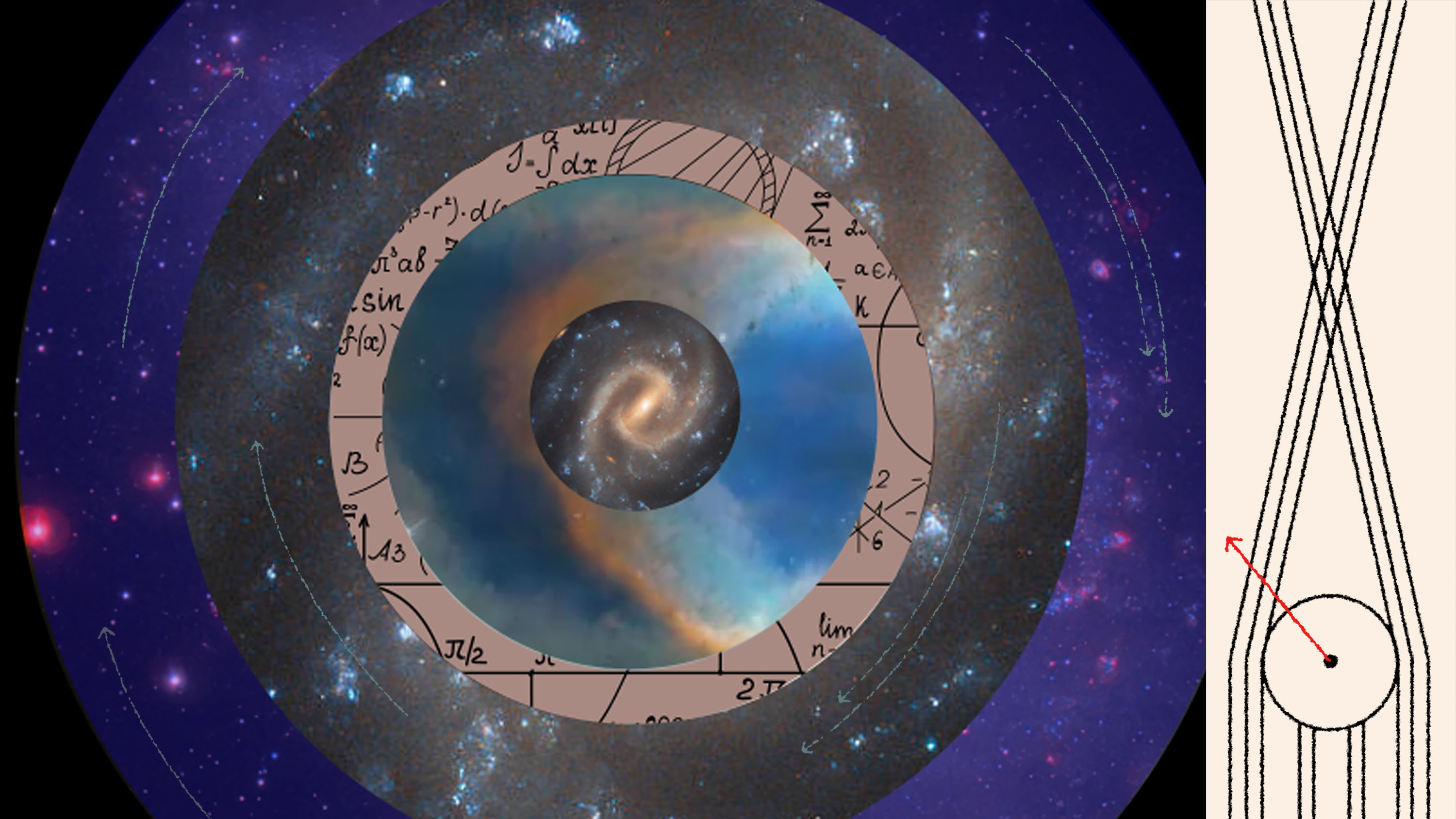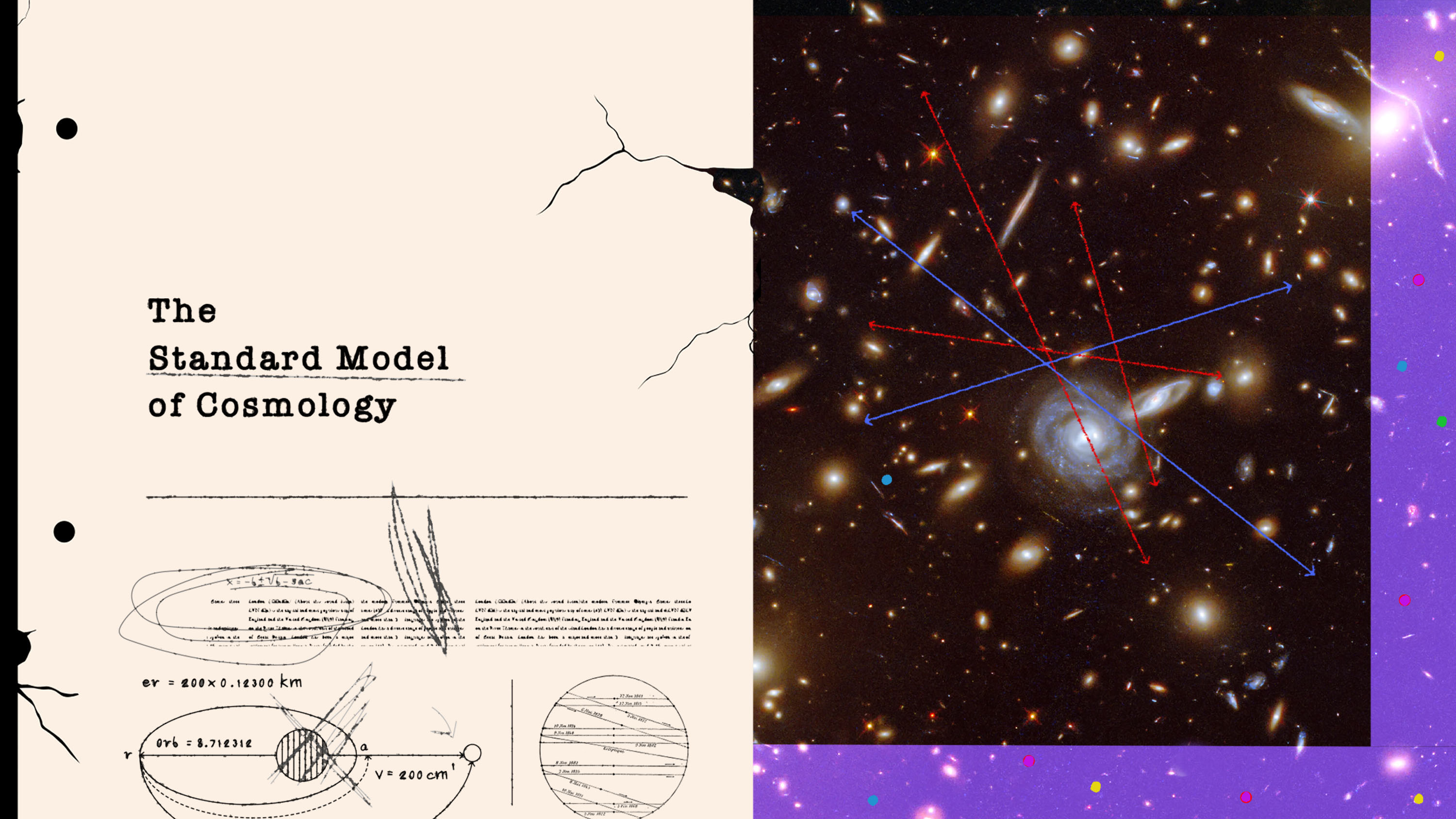Here’s the case for why science can’t keep ignoring human experience.
13.8 columnist Marcelo Gleiser reflects on his recent voyage to Earth’s last wild continent.
Human civilization has always survived periods of change. Will our rapidly evolving technological era be an exception to the rule?
In 1924, Edwin Hubble found proof that the Milky Way isn’t the only galaxy in the Universe.
Big Think columnist Adam Frank makes the case for why the 2023 video game Alan Wake 2 is a boundary-pushing piece of art.
Explore how QBism reframes science by placing the observer at the heart of quantum reality.
Millennia ago, philosophers like Anaximander grasped that nature is the ultimate recycler.
The answer is set to change in the year 2113, a recent estimate suggests.
Fire was crucial to the evolution of human technology. That’s why alien species stuck in the “oxygen bottleneck” may be forever primitive.
From how life emerged on Earth to why we dream, these unanswered questions continue to perplex scientists.
These theoretical megastructures represent one way an advanced civilization might harvest energy from stars.
Astronomers have discovered more than 5,000 confirmed exoplanets — very few of which resemble Earth.
Cosmology is unlike other sciences. When our view of the Universe changes, so does our understanding of philosophy and science itself.
There are two methods to measure the expansion rate of the Universe. The results do not agree with each other, and this is a big problem.
The problem of the electroweak horizon haunts the standard model of cosmology and beckons us to ask how deep a rethink the model may need.
The standard model of cosmology has a big new problem: Some galaxies seem to be too old.
How do physicists solve a problem like entropy?
Cosmologists are largely still in the dark about the forces that drive the Universe.
It may be time for a cosmological paradigm shift.
The quantum world is one in which rules that are completely foreign to our everyday experience dictate bizarre behavior.




